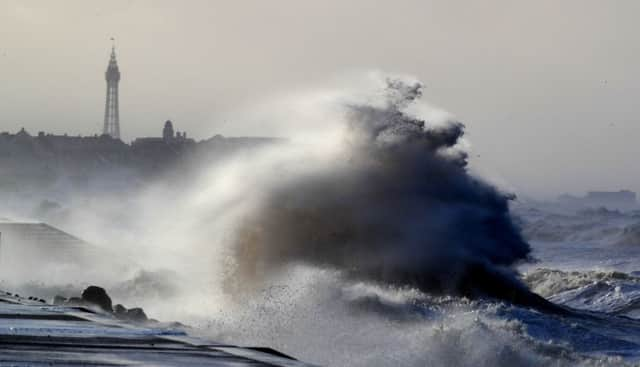Support and trade are key factors of a bigger challenge


One of the problems with the Brexit debate is that in agriculture it has narrowed our focus onto that single issue. We no longer look at events in Brussels, and debate what the implications will be for UK farming. That does not mean they are irrelevant. Instead we have to look at them and consider how they will be matched or bettered in the UK – a tall order, when the government is gripped by indecision about its relationship with the EU. What is certain is that after Brexit farmers here will lose the gains they have had for years from the policy influence of the pro-agriculture EU member states. These are led by France and Ireland, but pressure also comes from Germany, Spain and Italy for policies that are farmer friendly.
In the past, as an EU member state, the UK was left with no option other than to implement policies with which it may well have disagreed. This was the case with both Conservative and Labour governments at Westminster. It was why the industry here so often aligned itself with the Irish in Brussels, knowing that a win for them could become a win for us. This will no longer be the case and in response the farming lobby will have to become more agile and tougher in its dealing with politicians. The trump card of having to implement policies because they are EU-wide will be gone, and that will change the farming lobby. Its focus will be on Westminster, and even if we get an Executive back local politicians would find life tougher there than when they could deal informally with the European Commission. Brussels and years of UK involvement with COPA, as the umbrella body for European farm unions, will become largely irrelevant.
Advertisement
Hide AdAdvertisement
Hide AdThe European Commission recently announced a likely cut to CAP funding, because of the loss of UK contributions to the EU budget. That is now only of academic interest here. But a key question remains whether the planned four per cent cut in direct payments after 2020 would have left farmers here better or worse off. Equally the Commission has promised legislation to reduce unfair trade practices (UTPs) along the food chain. By the time this is in place Brexit will have happened. We have the Grocery Code Adjudicator, but farmers would like to see that office having more powers. A big question is whether those will be granted, so that farmers and food processors here do not lose out compared to their EU-27 counterparts.
The European parliament pressed recently for additional aid for promoting sheep meat. MEPs want additional funding to make the industry more productive. This is in line with the contents of a 2016 report into the sector – an initiative started by the farm commissioner, Phil Hogan. MEPs are also pressing for safeguards against southern hemisphere lamb as a result of post-Brexit trade arrangements in the UK. Also on the wish list is a sheep market observatory similar to those already in place for other commodities. This may or may not happen but again the question it raises is whether the UK will use some of funding saved from contributions to Brussels to introduce similar plans.
The Commission also announced recently that it would be spending 10 billion euro on agricultural research and innovation from 2021 to 2027. This is under its Horizon Europe framework. This raises key issues for research in the UK. That funding will be restricted to EU-27 institutions, potentially ending years of collaborative research with the UK that accelerated progress. Again the question arises as to whether Westminster will deem agriculture a funding priority for research funds. The focus now is on support and trade, but both are just part of the challenge we face.